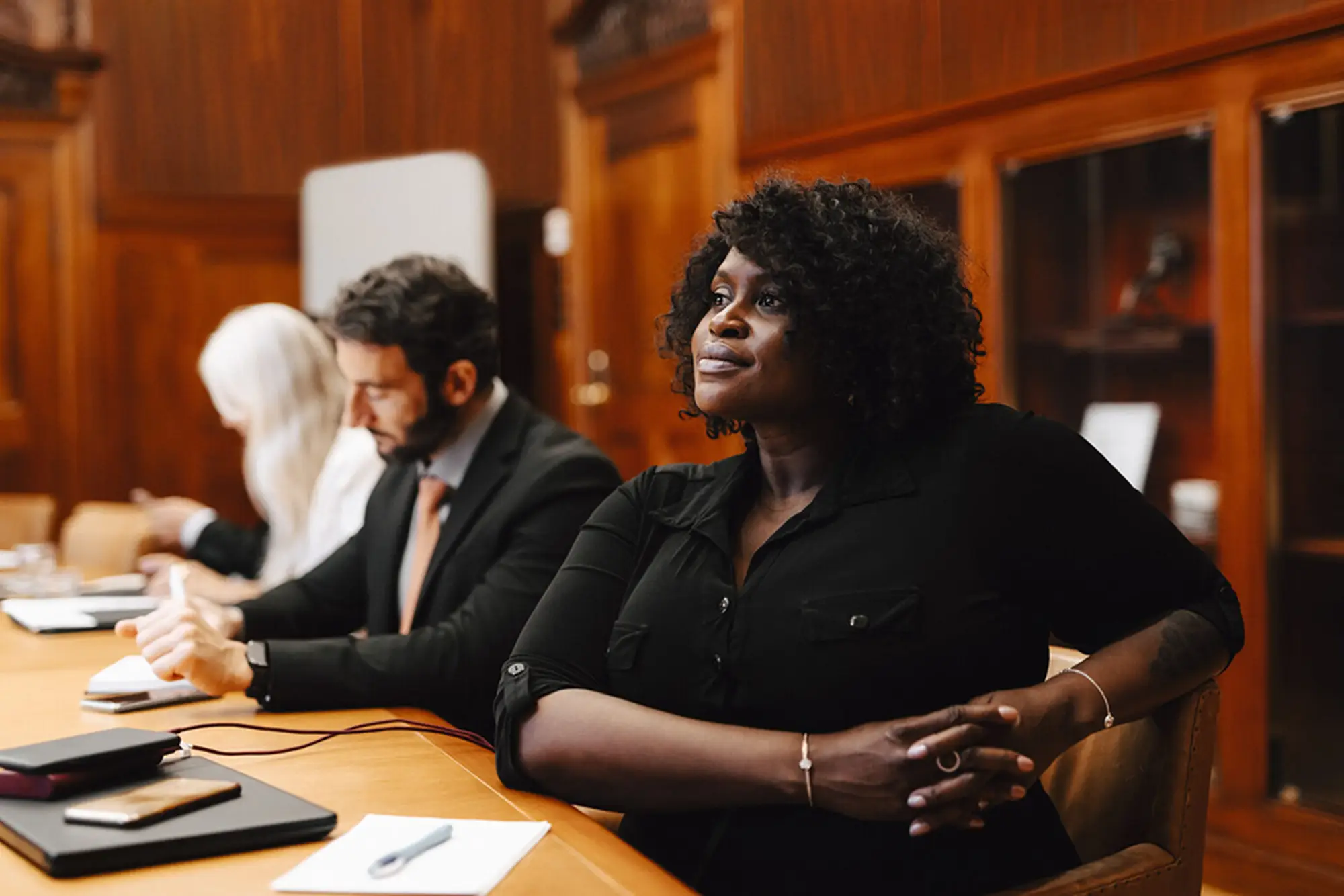By demanding equal pay for equal work, and by practicing #AskForMore, Black women can take action to begin narrowing centuries-old income and wealth deficits.
Michelle Holder
In an area of study dominated by elite, white men, I am one of a small number of Black female economists in the United States. Black and Women’s History Months in the U.S. present an opportunity to uplift the issues that I am forced to grapple with as a Black woman and that I have chosen to study out of desire for change. Economists often ignore the double gap Black women face when it comes to salaries and wages; this group loses billions of dollars of what I term “involuntarily forfeited” compensation each year due to sexism and racism within the U.S. workplace.
The double gap endures not only due to sexist and racist employment practices, but also because proving this inequity is extremely challenging. While Black women may suspect they’re being underpaid compared to their white and/or male colleagues, it’s extremely difficult for most of us to know for sure, and if we don’t know, we can’t attempt to fix it.
I propose we stop waiting for our leaders to step up and instead flip the script ourselves: In this world of asymmetrical information and lack of national policies around pay transparency, Black women can turn among ourselves and begin to ask for more. I’m not suggesting it’s our problem alone to solve; we didn’t create it. I’m also not suggesting that you stick up your boss, since research shows when Black women assertively negotiate, employers don’t react well. I suggest that, when negotiating, you ask for 10 to 20 percent more than you would have. And keep doing this throughout your career.
I have a personal and professional investment in understanding why so much inequality pervades the economy. In the last few years, I’ve researched the salaries of white men and Black women with similar levels of educational attainment and experience in popular professions, and what I found was sobering.
Read the full article at: https://msmagazine.com/2023/03/29/black-women-equal-pay-work-ask-for-more-salary/
